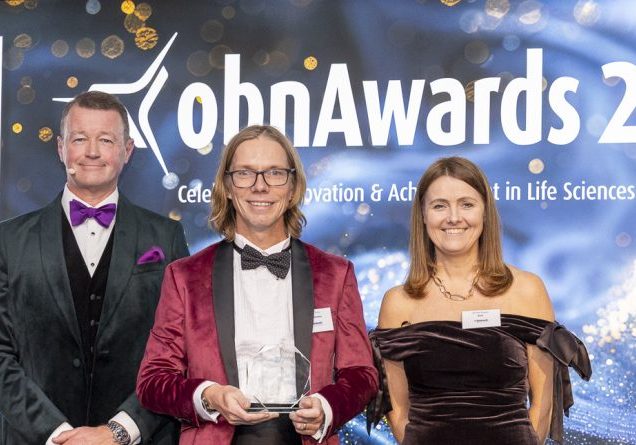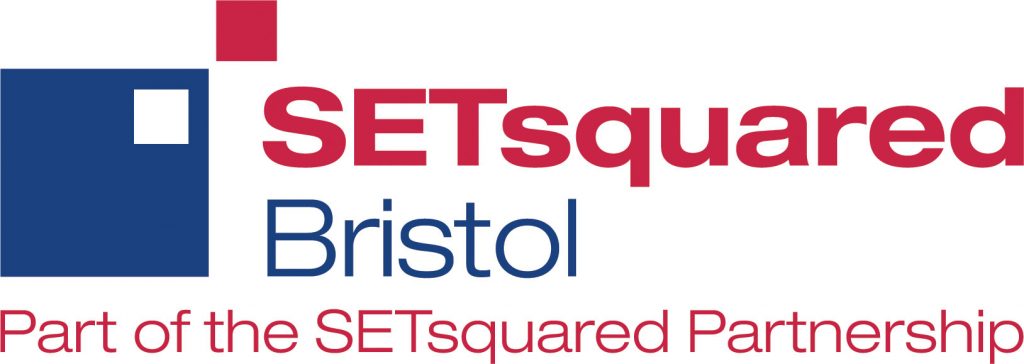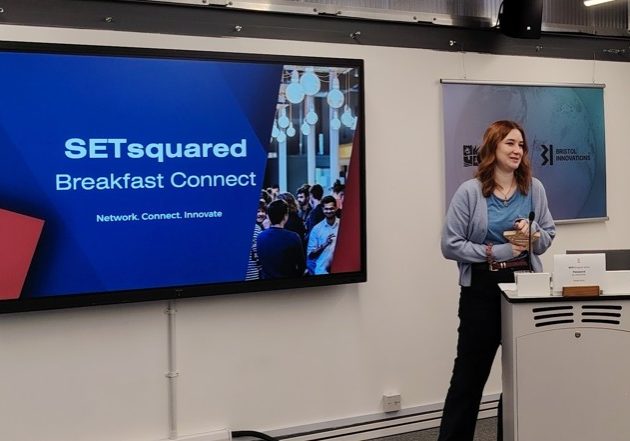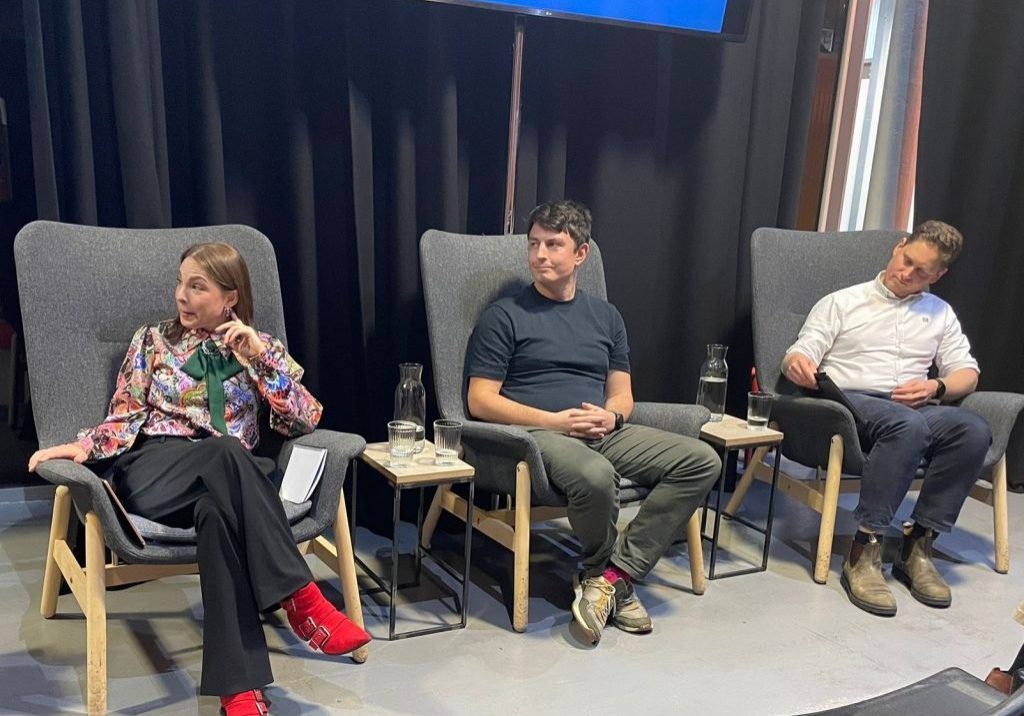Startup Stories – Spinout Edition
Posted by
SETsquared Bristol
The latest panel event in the Startup Stories series, Spinout Edition, saw two University of Bristol spinout leaders share their journeys—from academic labs to building businesses to short funding runways and high-stakes team leadership.
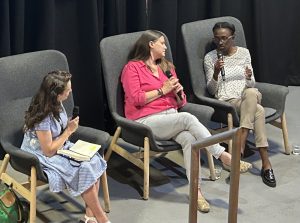
L-R: Lauren Ellse (Chair), Harriet Bray, Josephine Dorh
“You do a bit of everything” – Harriet Bray
Harriet’s path at Zentraxa
Harriet Bray, previous COO at Zentraxa, began her career seeking both independence and impact. After a PhD in Chemistry, she joined the nascent spin-out Zentraxa and was thrown straight in the deepend of a startup at the cutting edge of molecular biology protein innovation; recalling how she was asked to present at an adhesives conference in her first week!
- “I wore all the hats” — scientist, operator, finance lead — a standard reality in early-stage startups.
- She played a critical role in securing funding and steering growth.
- Leadership was amplified during COVID as the company scaled—and so did the pressure: limited runway, livelihoods at stake, and the need for equity commensurate with effort.
Harriet acknowledged that startup life “is intense and can mean giving up other things,” but lauded the network of mentors and SETsquared Bristol for providing a peer group where “you can say, ‘we’ve had funding difficulties too—here’s how we got through it.”
“Co-founding with your spouse requires clarity” – Josephine Dorh
Josephine’s path at FluoretiQ
An engineering graduate with industrial experience in the oil and gas industry, Josephine Dorh co-founded FluoretiQ —a medical diagnostics spinout with her husband. At first hesitant, she embraced operational leadership:
- Together with her spouse, they set roles, boundaries, and exit agreements from the start.
- In a male-dominated arena, she faced gender bias first hand, especially when pitching products to male-dominated audiences: “They’d ask my husband the technical questions because they assumed he was the CTO —so he would pass them to me. I developed strategies to handle being overlooked or second-guessed and I don’t let it bother me – I get on with the job.”
- Took on family and business juggling by persisting through maternity milestones – often working through critical company stages with minimal leave.
FluoretiQ wisely targeted the animal health market first—allowing for revenue generation and tech validation outside the heavily regulated human health market. Meanwhile, it built quality systems early to meet eventual CE-mark certification. Josephine urges future non-founding leaders to negotiate equity and recognition from the outset.
Shared wisdom: what every spinout and startup should know
- Leadership is isolating, but peer networks are essential.
- Funding fades fast. Grant and pilot revenue are seldom long-term solutions.
- Document relentlessly – IP, equity, roles, and contributions.
- Don’t hire fast, hire smart. Outsourced expertise is fine until you can build in-house capacity.
- Business plans are roadmaps, not scripts – pivot as you learn and grow.
- Family conversations matter. If you’re juggling business, partner dynamics, or parenthood, negotiation and intention are everything.
Takeaway checklist for spinouts and startups
- Secure business support – early mentors, incubation, peer forums.
- Clarify equity, especially if you’re doing founder-level work.
- Start where regulation is lower, then scale into tougher markets.
- Outsource smartly until you can hire internally.
- Update plans regularly and celebrate milestones.
- Communicate openly with spouses, teams, families.
If you’re a founder needing help and support to launch or grow your tech startup, find out about our incubation membership.
Book for the next Startup Stories –
Recent News, Blogs and Stories
